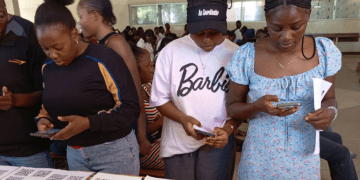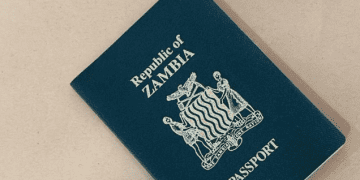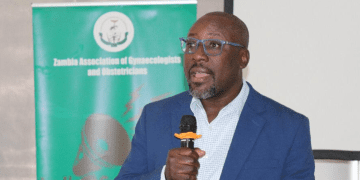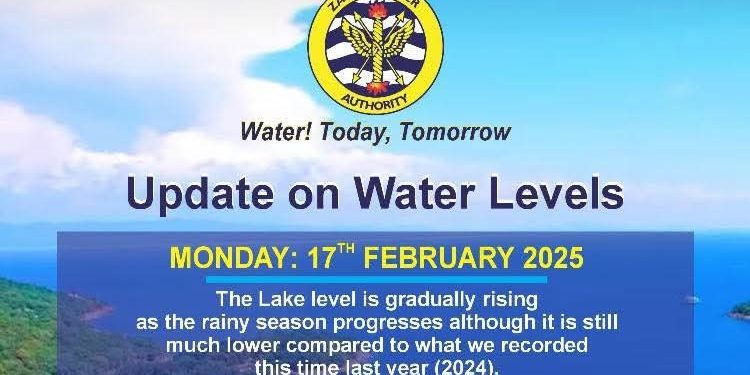As the rainy season progresses, the Zambezi River Authority has provided an update on the water levels of Lake Kariba as of Monday, 17th February 2025. While the lake levels are rising gradually, they remain significantly lower than the figures recorded at the same time last year, posing concerns for hydropower generation and water resource management.
Declining Water Levels – A Cause for Concern
According to the latest update, the lake level stands at 476.41 metres, a drop from 477.84 metres recorded in February 2024. This decline is also reflected in the usable live storage volume, which has dropped sharply from 10.54 billion cubic metres (BCM) in 2024 to just 4.09 BCM in 2025.
For power generation, the situation appears even more concerning. The usable live storage for power generation has fallen from 16.28% in 2024 to a critical low of just 6.31% this year, underscoring the potential challenges for hydroelectric power production at the Kariba Dam.
Operational Thresholds and Hydropower Generation
Lake Kariba operates optimally within a water level range of 475.50 metres to 488.50 metres, with a 0.70-metre freeboard to ensure safe hydropower generation. Given the current level of 476.41 metres, the lake is still within operational limits, but its declining storage volume raises concerns over sustained power output.
What This Means for Zambia and Zimbabwe
The Kariba Dam is a vital energy source for both Zambia and Zimbabwe, providing a significant portion of the electricity consumed in both nations. The decline in usable live storage could potentially lead to power supply challenges, making it essential for authorities and stakeholders to implement mitigation measures.
Call to Action
As climate variability continues to impact water bodies, the need for long-term strategies to manage Lake Kariba’s resources efficiently is more crucial than ever. Authorities may need to explore alternative energy sources, promote water conservation efforts, and implement adaptive measures to ensure power supply stability for the region.
For more details and further updates, visit www.zambezira.org or contact pr@zambezira.org.








































